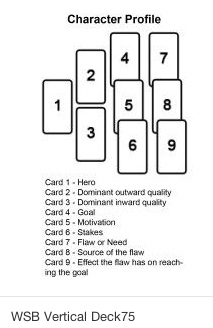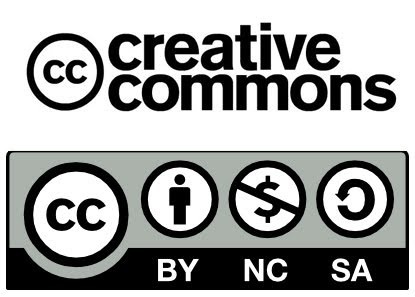Do You Write by Heart or Head? Technique Overload

Complexities that put me off my game.
When does studying the craft of writing stop you or inhibit your work? That is a question which some of us need to ask. Writing has become more than a plotter or pantser issue, it can come down to science vs your instincts as a bard.
I like to know I am doing things the right way. However, in branching back out into fiction, I am finding the more I read about what to include, the more nervous I am becoming with my writing. I look at images on Pinterest, like the one on the right, feeling bemused, hemmed in, inadequate and I am stunned into inaction by a fear of failure. What if the “right” way is not my way? Jane Austen wrote without all this!
Since I originally studied writing, main characters have become protagonists and there are also antagonists, contagonists, deuteragonists… what? Deuteragonists are the main secondary characters. Why can’t we just say that! How many aspiring authors are being scared away? I often get the feeling you I am being told to be perfect and write a specific way, rather than being allowed to just write down that story I need to tell.
There are things I need at the beginning: plot arcs, descriptions, body language, emotional reactions which are realistic, archetypes as a guideline and character profiles (such as the Enneagram); however, I need to begin to ignore many technical articles or stash them for later in the writing process.
Things that freak me out when I am writing a new story for the first time:
Dos and Don’ts for the Last 10,000 words of your story.
What you should write and when : hook, plot point, response, mid point, attack, plot point, climax, resolution… complete nervous breakdown?
Structuring Your Story’s Scenes, Pt. 5 (What if I don’t fit neatly into all that? Did I fail?)
200,000,000 ways to say that, went, and or whatever, which makes me feel like I need to watch every word as it comes out.
Revealing secrets, pivotal information etc. for maximum impact on a very detailed, precise manner. (What if I don’t fit neatly into all that? I really stink at this, don’t I!)
The First Five Pages. A writer’s guide to staying out of the rejection pile. (That has to come with editing, you can’t get that right, straight off the bat!)
The most annoying type of story conflict / the most hated antagonist readers will throw the book down after reading etc.
You get the picture.
My answer: learn slowly as you go; be open to new ideas but don’t let them mash you into a one-size-fits-all, formatted cliché like a Hollywood blockbuster movie… You need to get that story down before you can start working on perfecting it.
This blog post by Cate Russell-Cole is licensed under a Creative Commons Attribution-NonCommercial-ShareAlike 3.0 Unported License. You are free to share and adapt it.
Filed under: "Writing Lessons from the Writing Life", Author First Aid Tagged: antagonists, attack, author, books, characterisation, characters, climax, complex, conflict, contagonists, creativity, deuteragonists, failure, fear of failure, fiction, first drafts, hook, ideas, inadequate, inspiration, mid point, plot, plot point, problem solving, resolution, response, secondary characters, success, Technique Overload, writer, writing












